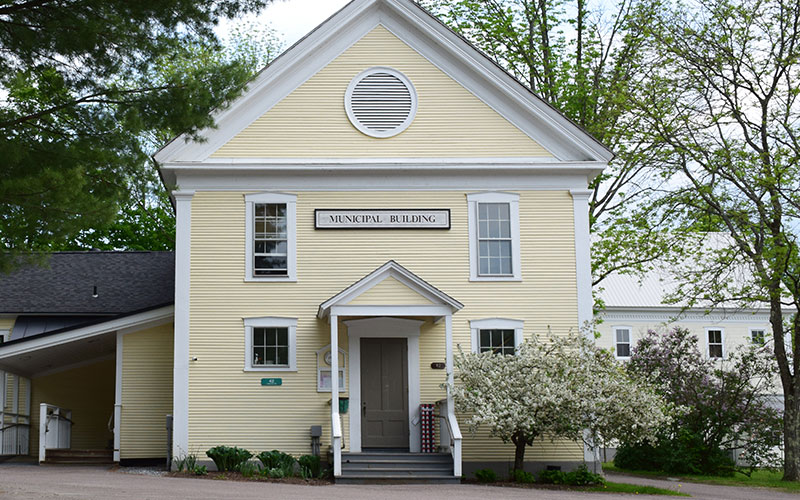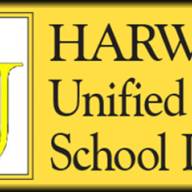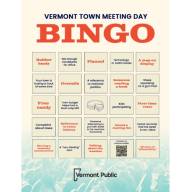When Lewis and Douglas Coates sold the town of Warren 78 acres located off Town Road #20 (Vaughn Brown Road) in 1986 to be used as a town gravel pit, the sale came with some covenants as part of the resolution of an appeal by adjoining property owners.
At that time, adjoining property owners Mary Gow and Steve Hewitt (since deceased) wanted to ensure the land’s natural beauty and quiet was maintained and negotiated a deed covenant that stated that: “The applicant has agreed to strictly prohibit any nuisance uses of the pit site such as … the operation of motor vehicles not associated with actual pit development.” The agreement was that the site would be used for gravel extraction for a period of 20 years, then could be used for recreation, agriculture and other uses. Thirty-five years later, the Warren Select Board is asking Mary Gow if she would agree to the gravel pit being converted into a town garage so that the existing town garage property near Warren Elementary School can be converted to affordable housing.
Mary Gow and neighbors attended the select board meeting on Tuesday, October 26.
“We’ve asked you here to discuss the future and an important role you might play in addressing a Valley-wide crisis, which is affordable housing,” select board member Bob Ackland said.
The current location of the town garage is inadequate and poses environmental risks, Ackland said. “We’ve been cited by the state for improper work conditions and ventilation” at the garage. “It’s not environmentally sound. We have salt and sand close to a brook; we have a load of sand right on the road. The safety of trucks pulling out on a school road has been a serious concern … it’s really an inadequate facility.” As the select board considers finding a new location for the garage, discussions have turned to how the existing town garage land could be utilized to address the issue of affordable housing.
“The site [of the garage] has real value,” Ackland said. “It’s the most viable and doable affordable housing site, not only in Warren but in the Mad River Valley. It has sewer, accessibility, the land -- because it’s owned by the town -- would be relatively inexpensive. It meets all the boxes you need to check -- in the village, near a school, where there is a real sense of community. It’s the perfect site … it’s on that basis that we’re asking you to consider at least talking to us about what we could do to use the pit as a town garage. The only downside I see is more truck traffic, a little bit of sound … it’s really just asking for that consideration to sit down and talk to us and see if there’s any possibility that you could overlook your personal concerns for the greater good. This is an opportunity for us to address and take a proactive approach towards this housing crisis.”
Mary Gow and neighbors expressed their concern for increased noise due to trucks and possible traffic issues. At one point, the conversation became contentious. “I’m sort of upset that you’re trying to embarrass [the neighbors] for something they signed in good faith for a bogus greater good,” Randy Taplan said. Taplin was a select board member in 1986 when Gow/Hewitt negotiated the restriction on future uses.
“You haven’t looked at enough places for housing. You’re looking at the easiest possible solution for you guys,” he said to the select board. The board assured Taplin and the other neighbors that they had considered many sites for affordable housing but none had been as viable as the current town garage. Ackland said they could fit 13 two- to-three-bedroom housing units on the town garage site.
Gow said that she and her late husband had fought the use of the adjacent land for the gravel pit in the 1980s and “We ended up working out conditions … A really critical condition was what it would be used for afterwards [after gravel was extracted] … it was an agreement that was made with the town and the select board didn’t say ‘why don’t we put the town garage there?’” Gow asked for examples of towns where property owners live near town garages and aren’t negatively impacted by noise, traffic and other inconveniences.
“I don’t see it as a negotiable thing,” Gow said. “Then we’re done here,” Ackland said.













